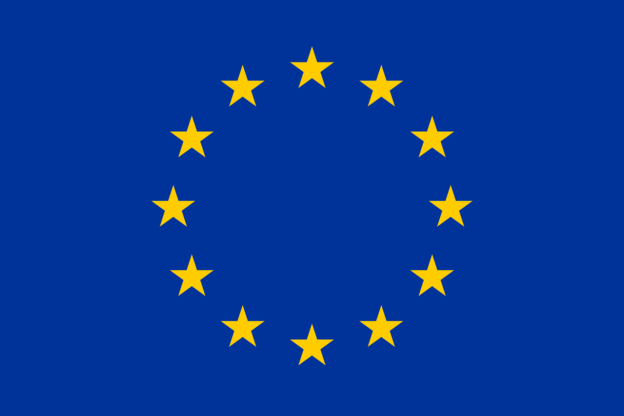On 12th April 2024, the Council of the European Union adopted the Directive providing for EU-wide minimum rules for the prosecution of breaches or circumvention of EU sanctions in the Member States, which had already been adopted at first reading by the European Parliament on 12th March.
It was published in the OJEU on 29 April and came into force on 19 May. Its provisions still need to be transposed by the Member States by 20 May 2025 at the latest.
The following intentional breaches of a restrictive measure of the Union or of a national provision will constitute a criminal offence: the provision of funds or economic resources, directly or indirectly, to a person, entity or designated body in breach of a prohibition constituting a restrictive measure of the Union…, etc. In addition, gross negligence must constitute a criminal offence if it allows a restrictive measure to be breached.
Member States must ensure that these criminal offences are subject to effective, proportionate and dissuasive criminal penalties.
In addition, the Sanctions Directive applies to natural persons. For certain offences, natural persons can be sentenced to up to five years’ imprisonment and a fine of €100,000.
Member States shall ensure that legal persons can be held liable for criminal offences under the Directive where they have been committed for their benefit by a person occupying a leading position within the structure concerned. Depending on the type of infringement, penalties may be imposed of up to 5% of the legal entity’s total worldwide turnover. Non-criminal sanctions may also be imposed, such as exclusion from public benefits or aid, disqualification from engaging in commercial activities, and a ban on access to public funding, including calls for tender, subsidies and concessions.
Implementation must be monitored!
These provisions are intended to replace those currently applicable in France for the same acts in terms of restrictive measures when they relate to goods (article 459 of the French Customs Code: imprisonment for up to 5 years, confiscation of the object of fraud and means of transport, fine of one to two times the value of the object of fraud).
The two questions that will inevitably arise are those of proof of the intention to circumvent, on the one hand, and the treatment of facts relating to services, on the other.
This transposition will therefore have to be followed very carefully in all cases.
We remain at the disposal of any company wishing to defend its rights and interests in relation to sanctions.
The link to the directive: Directive (EU) 2024/1226 of the European Parliament and of the Council of 24 April 2024 on the definition of criminal offences and penalties for the violation of Union restrictive measures and amending Directive (EU) 2018/1673
For further information, please contact our team at: dscustomsdouane@dsavocats.com.

